Tag: Grammar
-

Everything You Need to Know about Future Tenses
Introduction In English, talking about the future may look much easier compared to the past or the present. Basically, it is commonly used the word ”will” for creating future expressions. In addition, there are also 4 tenses in the future which include; the simple future, the perfect future, the future continuous, and the future perfect…
-
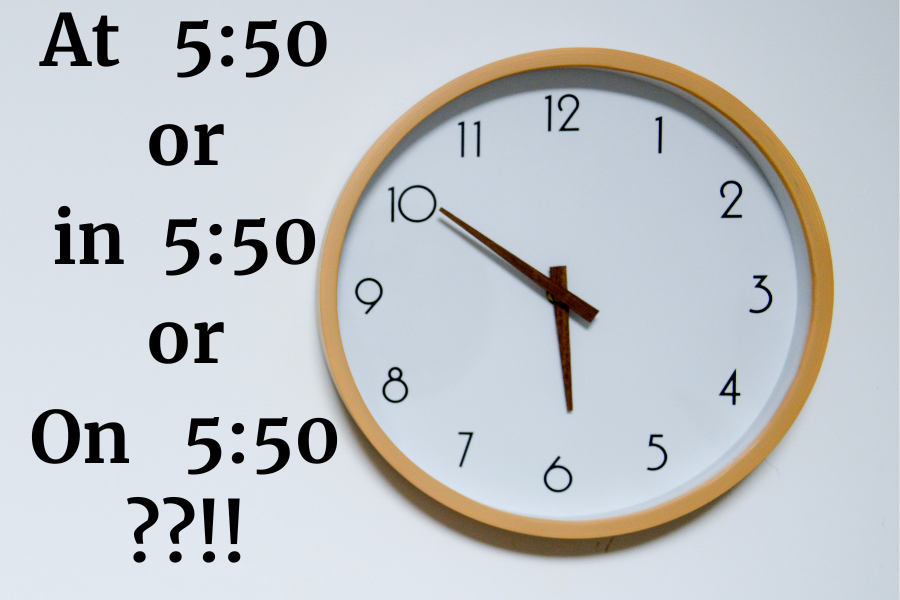
A Guide to Knowing When to Use ‘At,’ ‘On,’ and ‘In’ for Times
Introduction In the intricate world of language, prepositions play a vital role in conveying precise meaning. Among the most nuanced are ‘at,’ ‘on,’ and ‘in’ when referencing time. Moreover, understanding their differences is essential for clear and effective communication. In this guide, we’ll discover the complexities behind these prepositions and equip you with the knowledge…
-
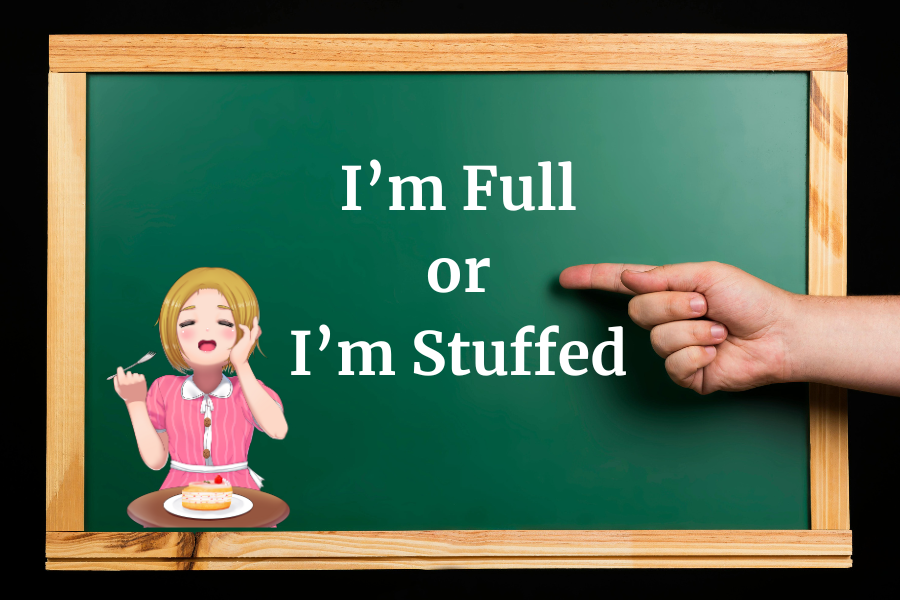
Understanding the Difference Between I’m Full vs I’m Stuffed
Introduction Have you ever finished a big meal and struggled to find the right words to express how you feel about that? Sometimes, saying “I’m full” just doesn’t seem to capture the extent of your satisfaction (or discomfort) after eating. In this blog post, we are going explore the title yet significant differences between saying…
-
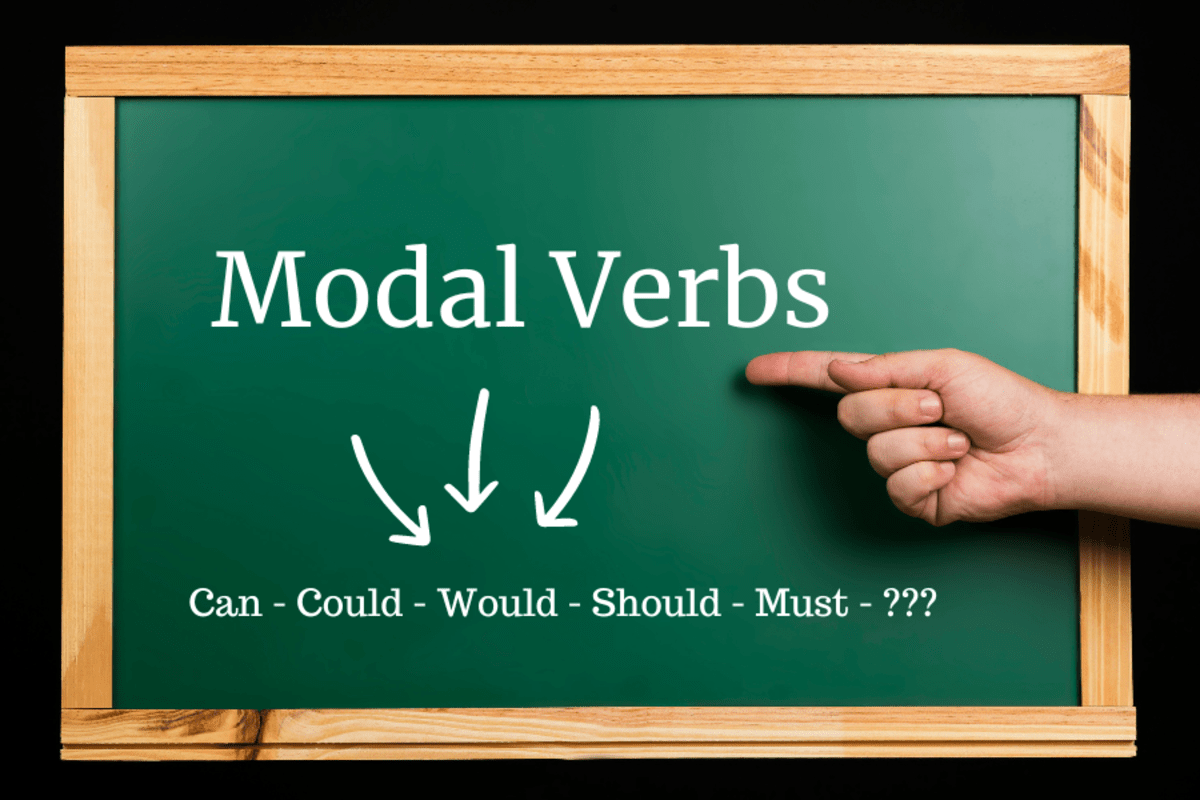
How to Master Modal Verbs: Usage and Impact
Modal Verbs: Definition Welcome to our exploration of modal verbs, those indispensable tools that add nuance and depth to language. Modal verbs, such as “can,” “could,” “may,” “might,” “must,” “shall,” “should,” “will,” and “would,” play a crucial role in expressing possibility, necessity, obligation, permission, and ability in sentences. Understanding how to use modal verbs effectively…
-

Infinitives vs Bare Infinitives: What are the Differences
Introduction In English grammar, the infinitive is the base form of a verb, often preceded by the word “to.” On the other hand, in some cases, infinitives are preceded without “to”. Infinitives In English, infinitives are used in various ways: 1- To Express Purpose or Intention: Example: She went to study at the library. 2-…
-
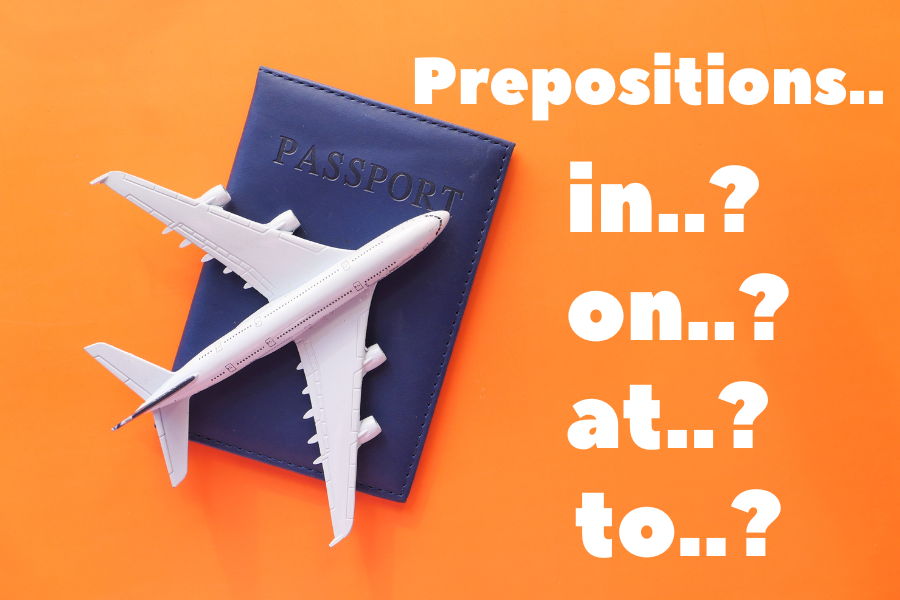
A Guide to Knowing When to Use ‘At,’ ‘On,’ and ‘In’ for Places
Introduction In the English language, prepositions play a crucial role in indicating location and direction. Among the most commonly used prepositions for denoting places are “at,” “on,” and “in.” However, understanding when to use each of these prepositions can be a bit tricky for English learners. In this blog post, we will delve into the…
-
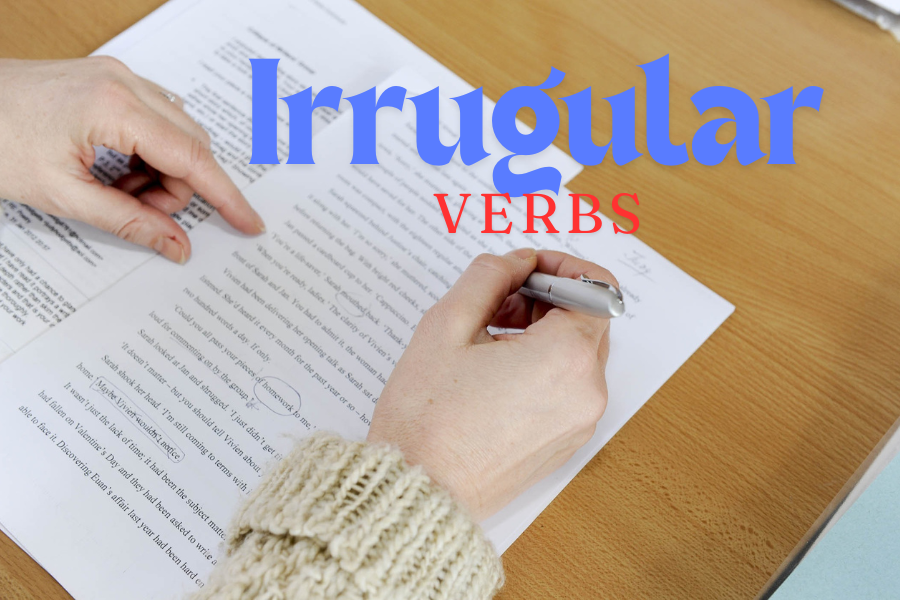
Irregular Verbs: The Most Used in English Daily Conversation
Introduction Irregular verbs are the spice of English conversation, adding flavor, nuance, and depth to everyday communication. Understanding and mastering these verbs is essential for anyone looking to speak English fluently. In this blog post, we will delve into the world of irregular verbs, focusing on the most commonly used ones in daily conversation. Example…
-
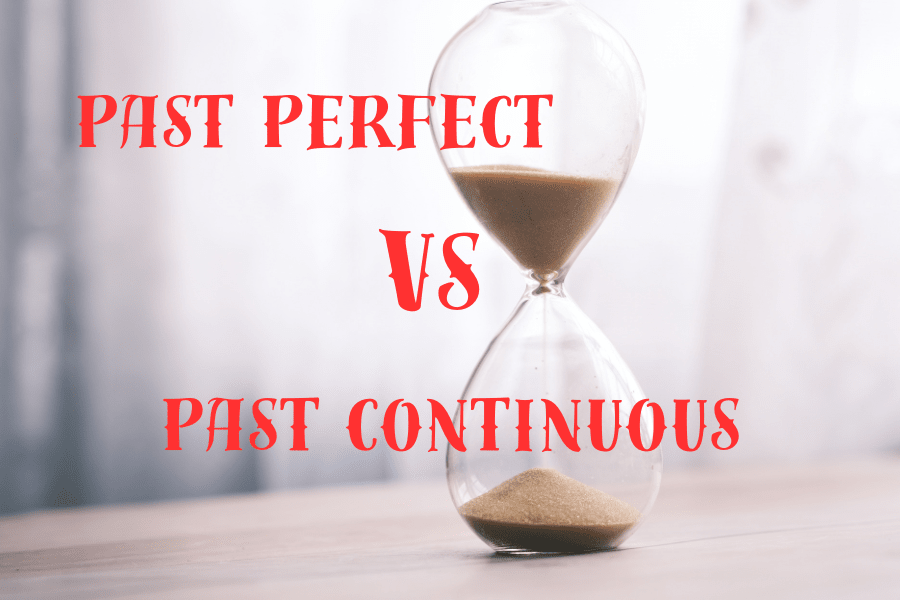
Past Perfect vs Past Continuous: Are They Similar?!
Introduction The past perfect simple is used with action verbs to emphasize the completion of an event. On the other hand, the past perfect continuous is used to show that an event or action in the past was continuing. However, if you see the examples, you may feel a bit nervous about the meaning. So,…